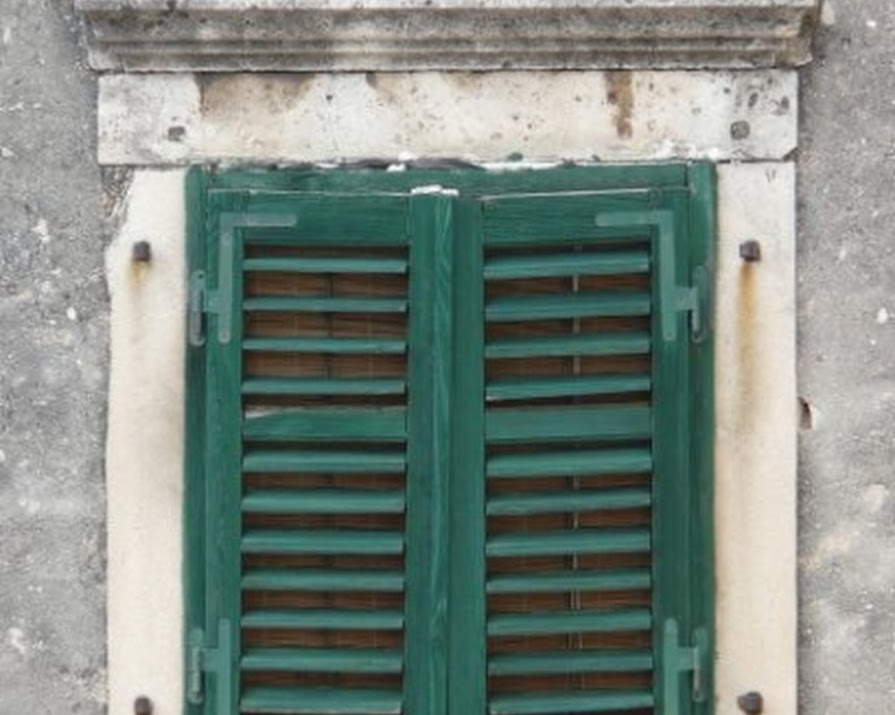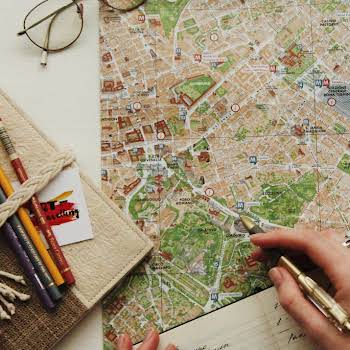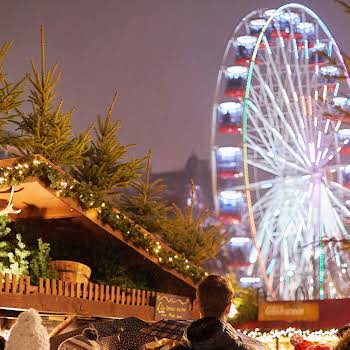By Bill O'Sullivan
07th Mar 2014
07th Mar 2014
Growing up in Italy you get used to the idea that ?things can wait?. It’s a sacrosanct part of the culture and pace of life and nothing captures that philosophy better than the ritualistic siesta. In the village I grew up in the idea that you would shut your business, be it the bank or the grocery store, between 1 and 5 pm has remained uncontested for years. Your life takes on a different pattern, where someone in the house is constantly in charge of ‘making it before the shops shut?. From 2 pm on everything is deserted – only mad dogs and Englishmen go out in the midday sun.
I’ve visited the same town in Andalucia for many years and the slowed down late-night lifestyle is one of my clearest memories of it. Spain to me happens in the dark – eating begins at midnight and to go to bed at 3 is calling it an early night. Some of that has to do with the fact that when I am in Spain I’m on holiday, but mainly it has to do with the peculiarly late schedule Spaniards continue to live by, where mornings are early, nights are late, and the afternoons are dead, given up entirely to eating and sleeping. So when it was reported that a new government campaign was aiming to abolish the siesta in an effort to help the economic recovery, we were a tad concerned. Statistics show that the reality of the siesta is not quite the laid-back rhythm one imagines, but rather it leads to long days that are particularly draining on women who have to work late and then return home to children and chores according to Department for the Rationalization of Spanish Working Hours (which sounds like something out of 1984). But perhaps the most significant drawback of the siesta is the inconvenience it causes to business and trade, where the impractical hours that are out of kilter with the rest of Europe can make some of the most basic transactions impossible and slow.
Perhaps abolishing the siesta is good for Spain’s economy, but losing it would undeniably be a blow to its culture and for all of us who have long-adored its idiosyncratic schedule. In an era of uniformity and globalisation, Spain to my mind has always held its own. There’s something reckless, un-neurotic about their late nights, their ‘it can wait’ attitude, that other countries lack. We look to Scandinavian countries for all the right reasons – efficiency, gender equality, economic recovery, progressiveness and design. But laidback Spain, however disordered it might be, appeals far more to me…
Siesta Yay or Nay @IMAGE_daily?Roisin Agnew @Roxeeenna























